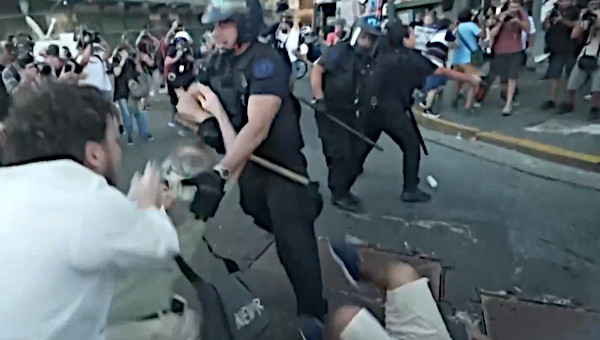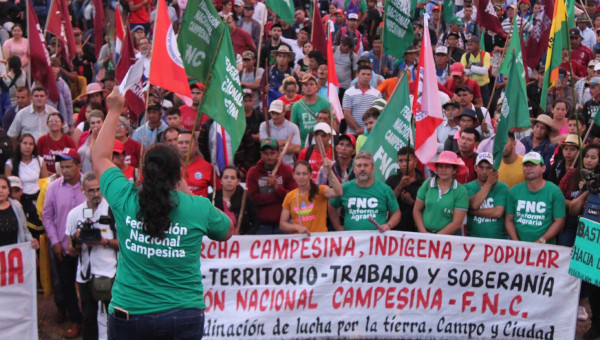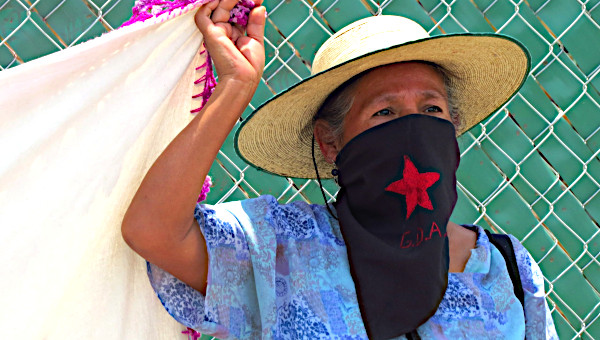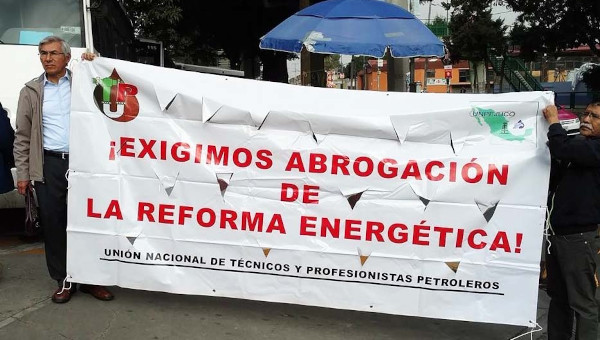Honduran Resistance in the Streets of Tegucigalpa
Rafael Alegría Interviewed by Jeffery R. Webber
Hundreds of thousands of Hondurans took to the streets on Wednesday, January 27 to protest the inauguration of Porfirio “Pepe” Lobo Soza. Lobo was the victor in fraudulent elections held last November and his new regime is seen by the Honduran resistance as a continuation and consolidation of the coup regime that first came to power by overthrowing democratically-elected President, Manuel Zelaya, on June 28, 2009. During the march I caught up with Rafael Alegría, a key leader in the National Resistance Front, and a leading Honduran figure in the international peasant movement, Vía Campesina.
JRW: What are the principal demands of the resistance in this march today?
RA: The resistance has two principal pillars – a social pillar for the revindication of the people’s rights, in which the resistance accompanies people in their daily struggle, for agrarian reform, for just salaries, and opposition to the privatization of social services. This is the pillar of social mobilization.

Rafael Alegría, a key leader in the National Resistance Front.
The other pillar is the political arm – to convert ourselves into a militant political force which will work toward taking political power in our country.
JRW: What are the objectives of the Constituent Assembly that the resistance is demanding?
RA:The power of the people is going to result in massive transformations in this country. We are demanding a Constituent Assembly that is going to transform this country, into a participatory democracy. It will be a new Honduras – a country with social justice, with equality, with a new model of development in which everyone is included, and, as the Bolivians say, so that our entire country can live well.
It will be very different than the current situation, in which there is a privileged oligarchy, which owns and controls everything, while on the other hand there is an immense mass of impoverished people. This can’t continue.
There are a huge number of people in this march. And this is the message we are sending to the entire oligarchic power groups and to the rest of the people.
JRW: In the next few months, what will the strategy of the resistance be?
RA: We are in a process of national organization, of articulation, and establishing schools of political education. Our mobilizations are also going to continue. We have a concrete immediate agenda of mobilization. Beyond that, we’re preparing ourselves to participate in the elections in three years so that we can take definitive control. •





